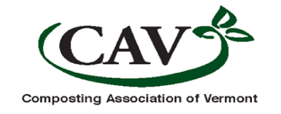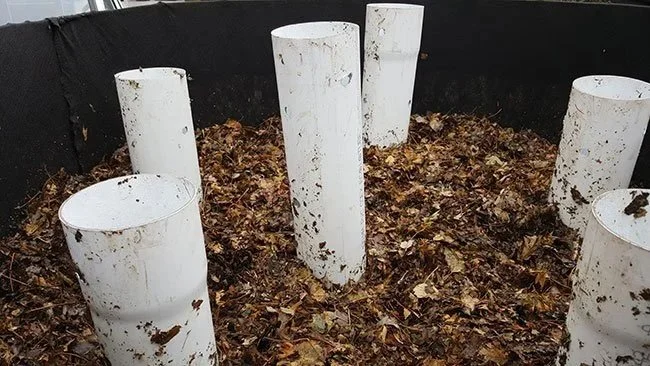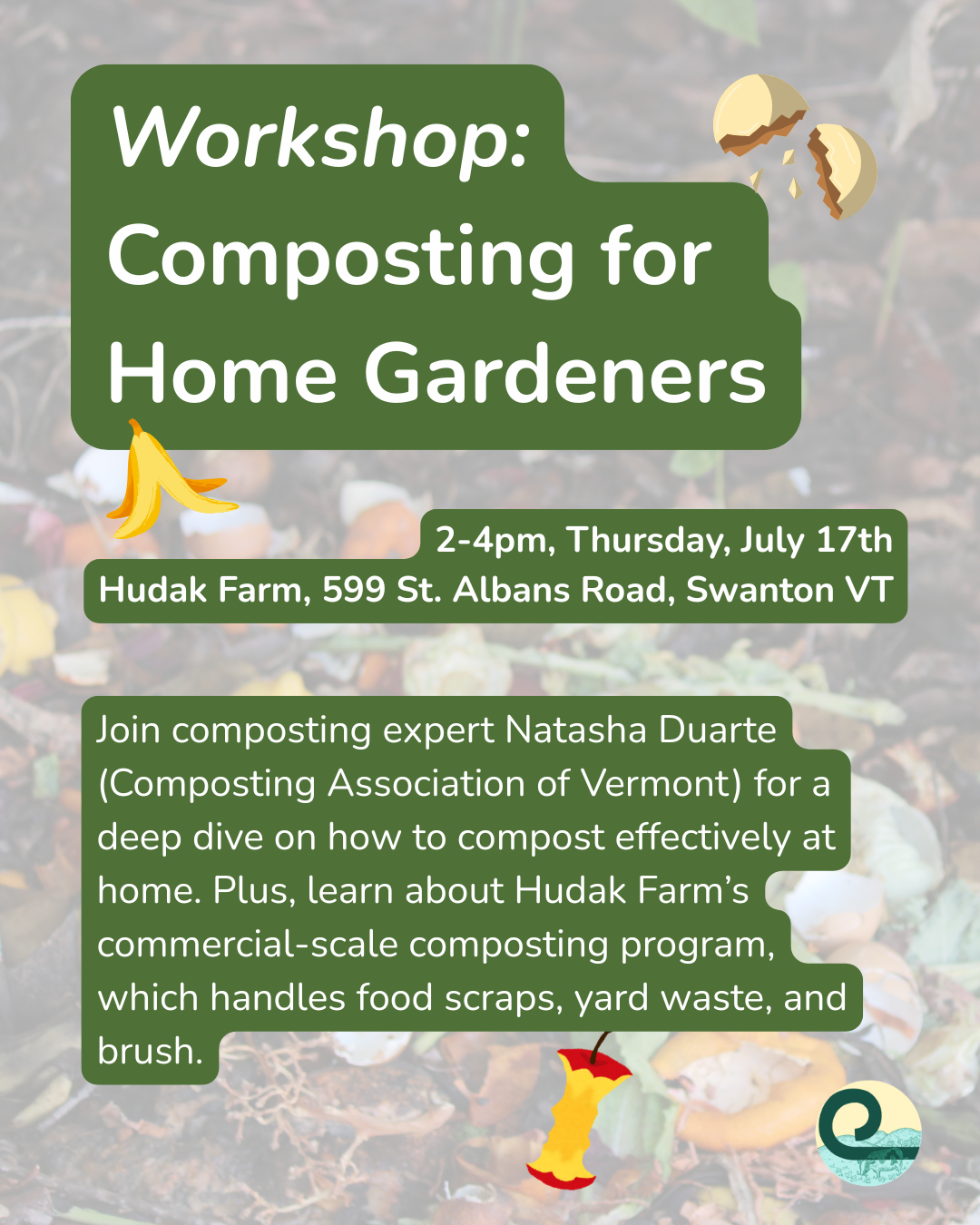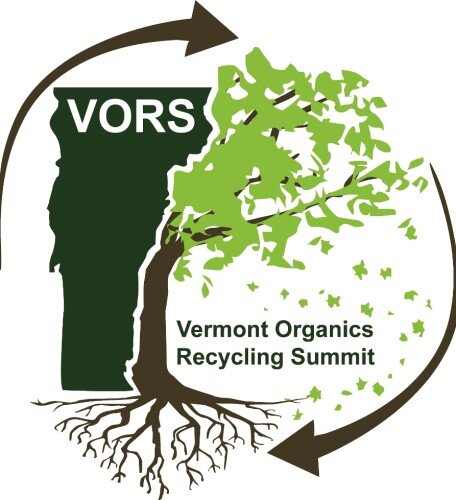History of Issue
During the 2013 Legislative Session the House Agriculture and Forest Products Committee (H-AFP) took testimony from the Department of Taxes, Agency of Agriculture Farms and Markets (VAAFM) and commercial/agricultural compost facility owners regarding sales tax on compost products. Hearing that testimony the Committee drafted H.542, An Act Relating to the Taxation of Soil Amendments.
The compost tax issue emerged when changes to the tax code in 2007 omitted compost and planting mixes from the list of products exempt from sales tax when used in farming. Testimony from the Tax Department identified other inconsistencies and inequities regarding tax code for inputs to grow food.
The production and use of compost products contributes to achieving five priority state policy goals:
Act 148 – ban on landfilling organics – need composting facilities and robust markets for compost
Farm 2 Plate – grow more food in Vermont for Vermonters; composting connects to 11 F2P goals
Genuine Progress Indicators – the health of our environment is a measure of our state’s well being
Local sources of energy – fertility; extracting heat during the composting process
Jobs creation – for every one (1) in landfilling there are two (2) in composting.
Production and use of compost is part of the solution to well established, and some would argue – urgent – state and community priorities:
Climate change adaptation (moisture extremes, pests, carbon sequestration)
Greenhouse gas emissions reduction (landfill methane, commercial fertilizer manufacture)
Food justice, food security, farm viability
Water quality and conservation
Stormwater management, use of Low Impact Development/Green Infrastructure practices.
Read the Final H.884 of 2014 Language on Sales and Use Tax – Compost
Read the CAV Position Paper on H.542 Sales Tax Issue
Vermont Department of Taxes Letter on Clarification of Terminology






